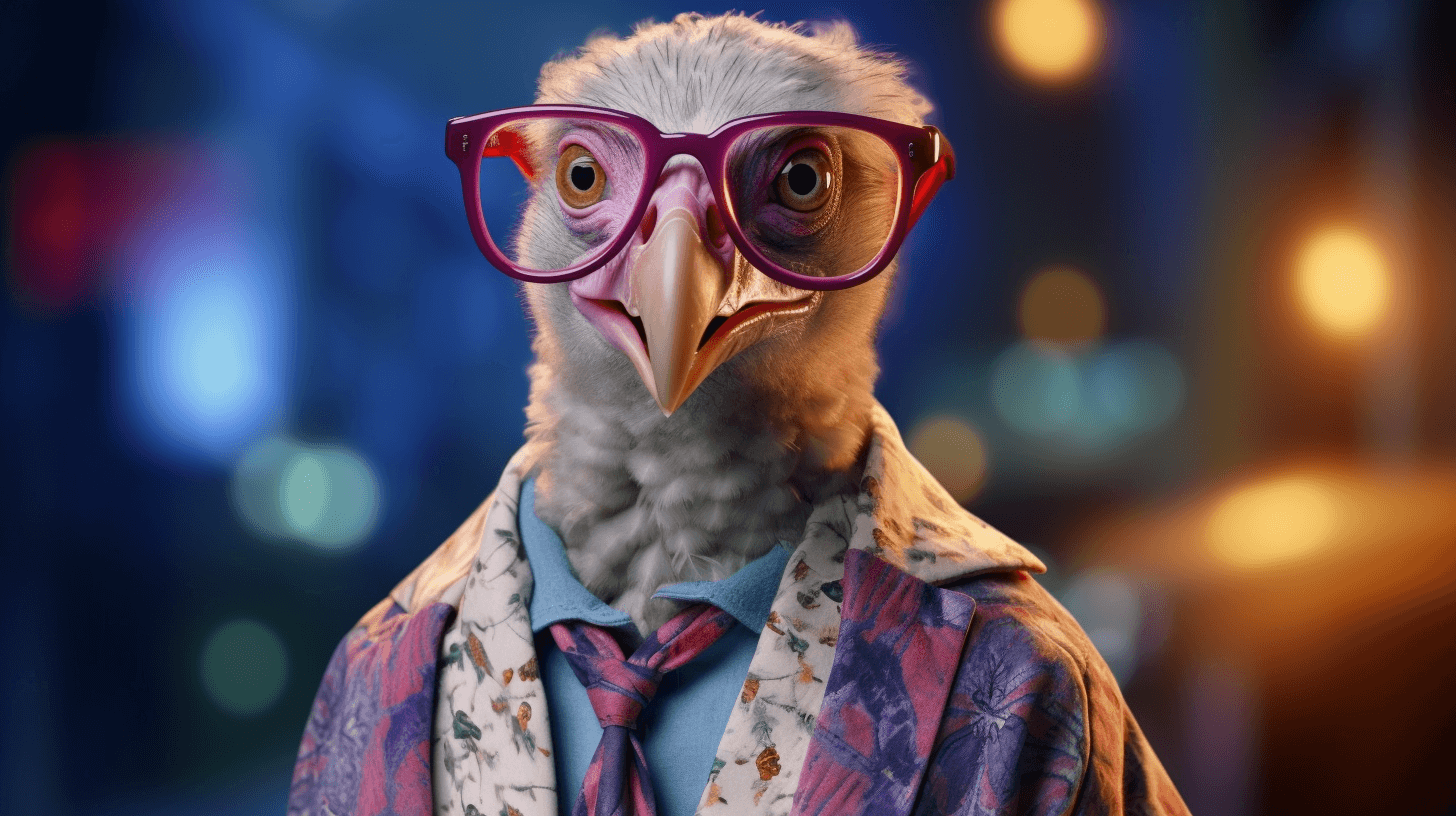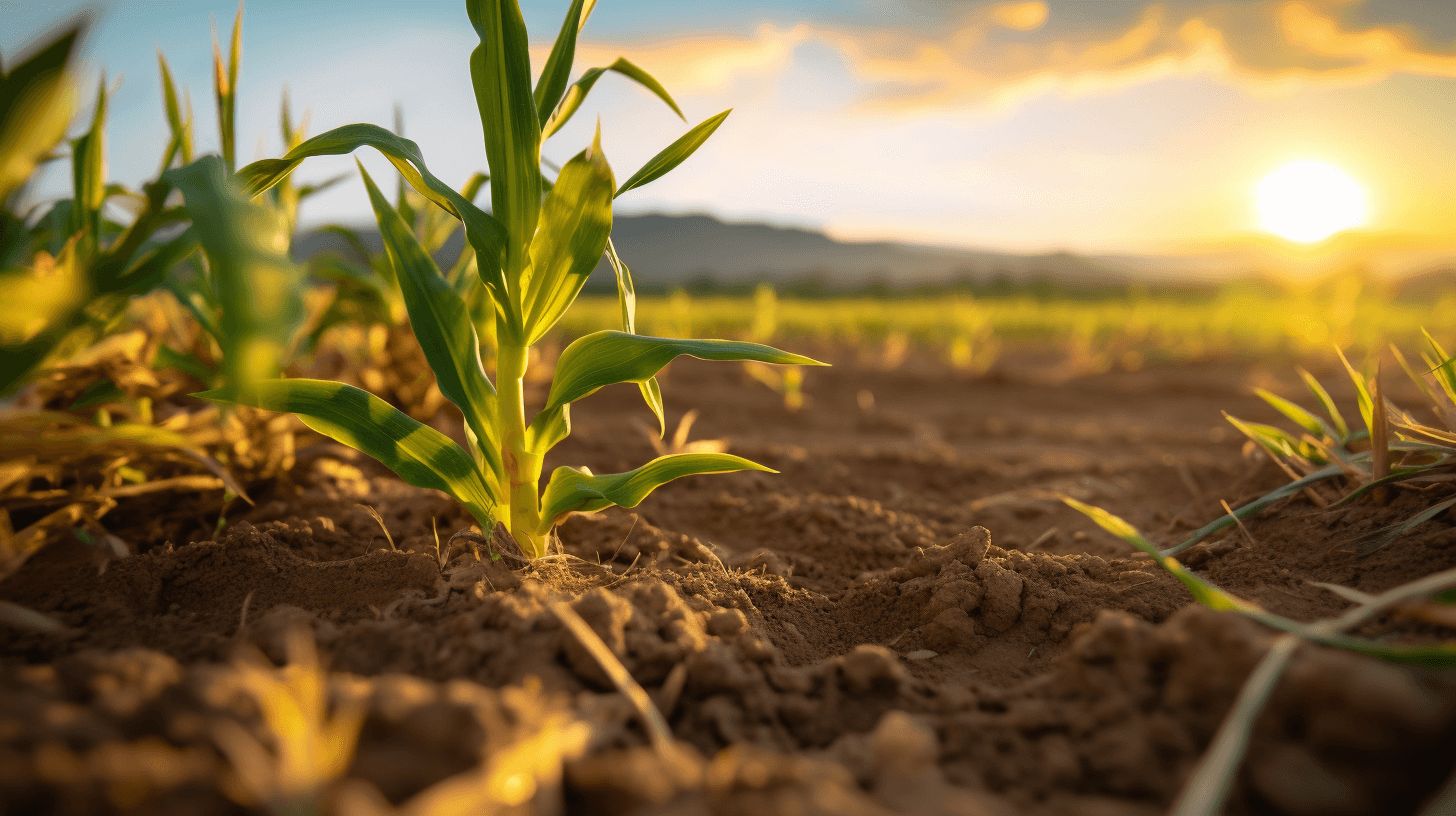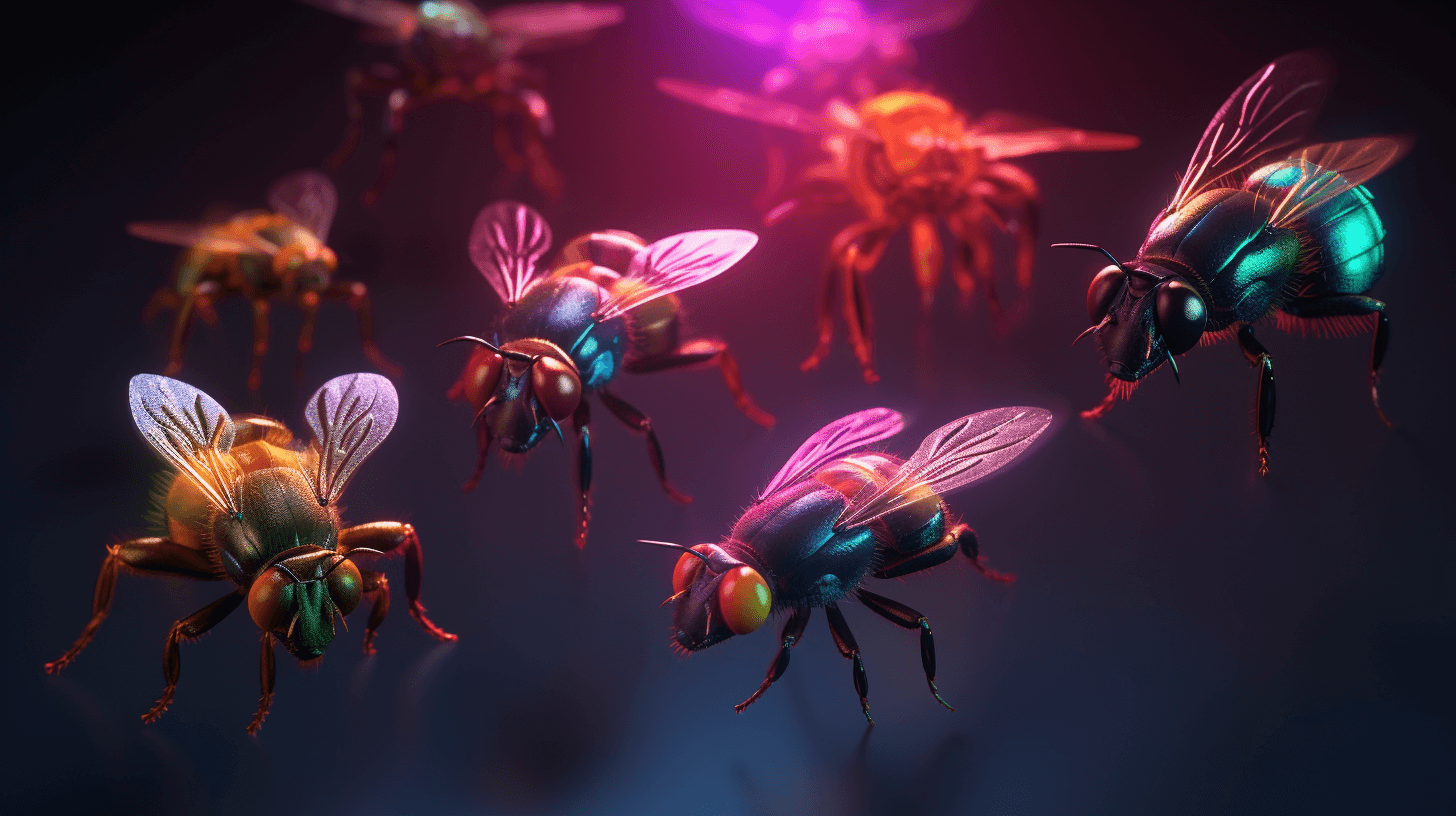🦅🧠🌳 Da Kine Clever: How Vultures Stay Smarter Than We Thought
⬇️ Pidgin | ⬇️ ⬇️ English
Check dis out: Vultures, da kine birds we often think are just scavenging, are actually super smart. Researchers saying their history of scavenging made ’em creative and cunning. And get dis, two lappet-faced vultures at da Maryland Zoo, named Kenya and Shredder, showing off their smarts big time. 🤓🦅
Kenya, da female, and Shredder, da male, stay showing one thing called mirroring behavior. Dat’s when one bird does something, and da oddah one copies ’em. Dey only been together a few months, but dey already getting good at dis. Jen Kottyan, da bird curator at da zoo, say dis behavior is a promising sign, especially since these birds are some of da most endangered in da world. 🌍🐦
Lappet-faced vultures, which come from Africa, get skin flaps, or lappets, on their heads. Since 1991, da Maryland Zoo been one of da first in da U.S. for breed these birds in captivity. Da hope is dat Kenya and Shredder goin’ breed too when dey get older. 👀💞
Da zoo staff, like Brandon Jones, stay interacting with these birds, giving ’em food and watching how they work together. Jones even say he thinks da female might be smarter than da male. But Kottyan say all vultures are smart, and she nevah met one that wasn’t. 🍖🔄
Vultures are known for eating dead meat, which seems easy, but finding where animals died is not predictable. So, dey gotta be smart for survive. Thijs van Overveld, a vulture researcher, say da animals benefit from being intelligent cause they depend on scarce resources. 🧠🍖
These birds, fans say, can use tools and do smart moves just like da clever parrots and corvids. For example, Egyptian vultures throw stones at ostrich eggs for crack ’em open. Dey also use twigs for collect wool for their nests and even roll in mud or eat dung for make themselves look good during breeding season. 🥚🪨
Black vultures in South America help sea lions by cutting their newborn pups’ umbilical cords and den eating da placenta. And in one study, turkey vultures wen’ show they get their own way of solving problems, using their mouths for pull strings to get food, something dat’s hard for ’em cause of their webbed feet. 🌎🧩
Da researchers found dat vultures move around a lot, covering almost 20,000 miles per year. They not only looking for food but also for da next source of uplift, like breezes and thermals, cause dey big birds and flying take plenty energy. Dr. Emily Shepard from Swansea University say vultures are some of da world’s best gliders. 🌬️🕊️
When dey find food, dey drop down fast, and different species jump in depending on what dey can handle. Like, if a wildebeest dies in Tanzania, different vultures come in for take their share. Vultures help da environment by reducing greenhouse gases and eating meat dat could carry diseases. Dey get strong stomachs and helpful microbes for fight off pathogens. 🌍🦠
But vultures facing plenty trouble. Sixteen of da 23 species are threatened or endangered. Dey often die from poisoning, either by accident when farmers try for protect their livestock from predators, or on purpose by poachers. A big problem happened in India in da 1990s when millions of vultures died after eating cattle treated with one drug. 🚫💊
Scientists and conservationists working hard for help vultures. Dey doing community outreach, talking with government officials, farmers, and ranchers, and running captive breeding programs. Although captive-bred animals rarely get released, Kottyan get hope for future generations of birds like Shredder and Kenya. 🌱🔬
So, das da story. Vultures, with their smarts and importance to da environment, are facing tough times but get people working for help ’em. We stay watching how dis going unfold, but for now, give respect to these clever creatures of da sky. Shoots and aloha! 🌺🦅📰
NOW IN ENGLISH
🦅🧠🌳 Smart Birds of the Block: Vultures’ Intelligence Shines Through
Here’s a twist: Vultures, often seen as mere scavengers, are actually incredibly smart. Research suggests their scavenging lifestyle has honed their creativity and cunning. For instance, at the Maryland Zoo, two lappet-faced vultures, Kenya and Shredder, are showcasing their intelligence. 🤓🦅
Kenya, the female, and Shredder, the male, are demonstrating something called mirroring behavior. They’ve been together only a few months but are already adept at copying each other’s actions. Jen Kottyan, the zoo’s bird curator, views this as a positive sign, especially since these birds are among the world’s most endangered. 🌍🐦
Lappet-faced vultures, originating from Africa, are named for the skin flaps on their heads. The Maryland Zoo has been at the forefront of breeding these birds in captivity since 1991. They’re hopeful that Kenya and Shredder will eventually breed as they reach maturity. 👀💞
The zoo staff, like animal keeper Brandon Jones, interact with the birds, observing how they share food and work together. Jones believes Kenya might be the more intelligent of the pair, but Kottyan maintains that all vultures she’s met are smart. 🍖🔄
Scavenging for a living might sound simple, but it requires intelligence to find unpredictable sources of dead meat. Thijs van Overveld, a vulture researcher, notes that relying on such scarce resources necessitates smarts. 🧠🍖
Fans of vultures argue that they are as intelligent as the well-known brainy parrots and corvids, exhibiting tool use and complex behaviors. Egyptian vultures, for example, use stones to break open ostrich eggs and twigs to gather wool for their nests. They even apply mud or dung to themselves for aesthetic reasons during breeding season. 🥚🪨
In South America, black vultures have adapted to assist sea lions by cutting the umbilical cords of newborn pups, then feeding on the placenta. Turkey vultures have demonstrated unique problem-solving skills in a study, using their mouths to retrieve food tied to strings – a challenge due to their webbed feet. 🌎🧩
Researchers have observed that vultures travel vast distances, nearly 20,000 miles annually, searching not just for food but also for air currents to aid their flight. As heavy birds, they rely on thermals to glide efficiently. Dr. Emily Shepard from Swansea University highlights vultures as exceptional gliders, utilizing air currents to conserve energy. 🌬️🕊️
Upon finding a carcass, vultures descend rapidly, with different species taking turns based on their capabilities and boldness. Their role in the ecosystem is crucial – they help minimize greenhouse gases from decomposing bodies and consume meat that could carry diseases. They have evolved strong stomachs and a protective microbiome to counteract harmful pathogens. 🌍🦠
However, vultures face significant challenges. Sixteen of the 23 species are listed as threatened or endangered, often falling victim to poisoning. This occurs both accidentally, through pesticides used by farmers, and intentionally by poachers. A major incident in India in the 1990s saw millions of vultures die due to a drug used on cattle. 🚫💊
Efforts are underway to protect vultures, including community outreach, government negotiations, and captive breeding programs. Though captive-bred birds are rarely released into the wild, there is hope for future generations of birds like Kenya and Shredder. 🌱🔬
In summary, vultures, with their impressive intelligence and ecological importance, are in peril, but dedicated efforts are being made to preserve them. Stay tuned for more updates on these fascinating birds of the sky. 🌺🦅📰







